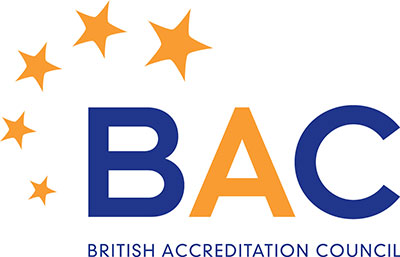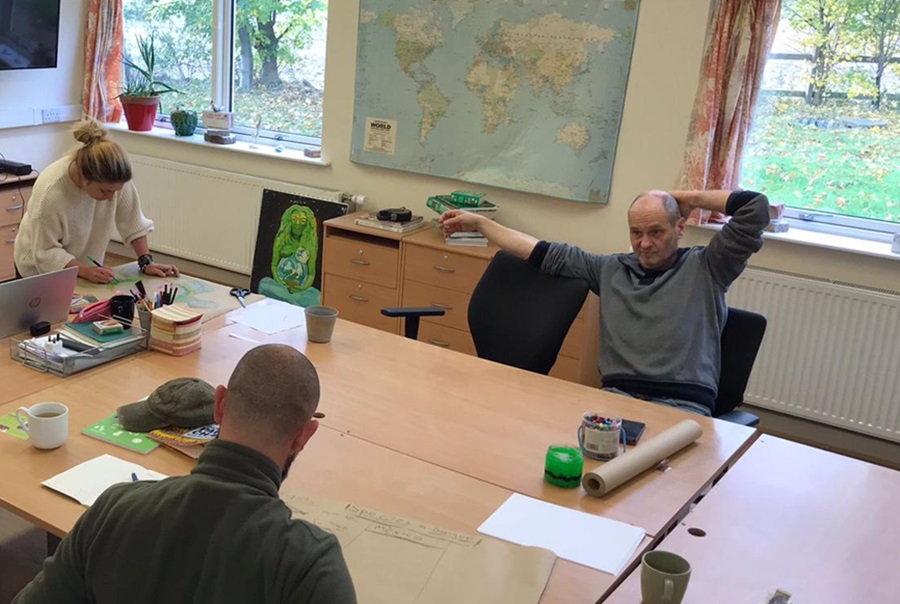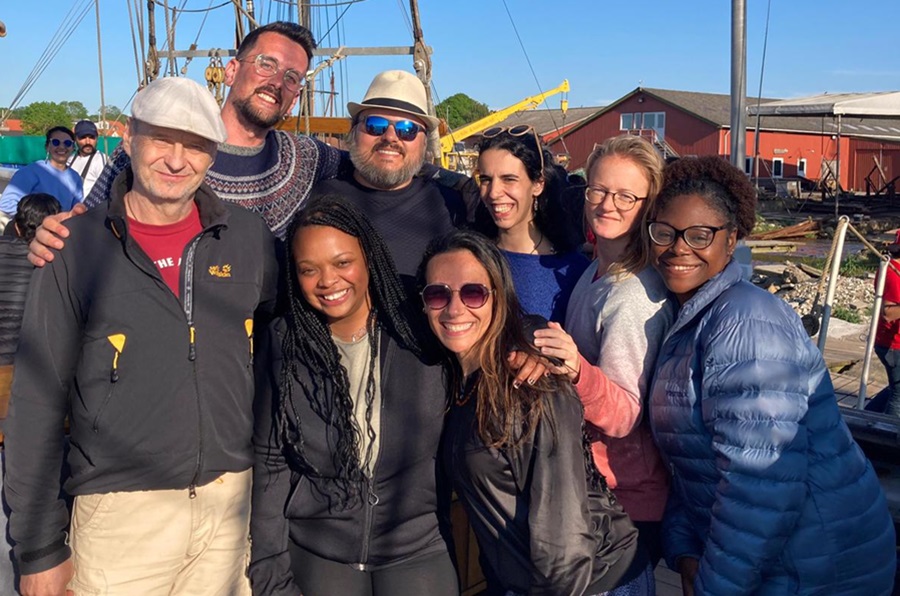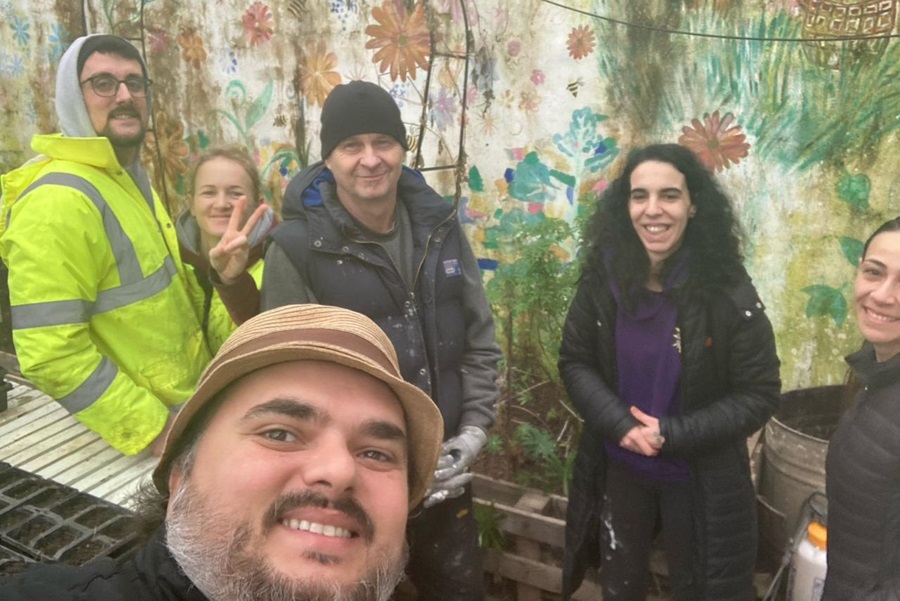My personal experiences at CICD
By Akos Koncs, Hungary / Poverty Activist team February 2024
As a child I was an enthusiast for Africa. I read lots of stories by hunter-writers from the XIX century, I found it very romantic.
Later my interest turned from the African natural beauty to the African society, and this was what pushed me to study cultural anthropology in the university. But getting my diploma in my hands I experienced disappointment, because in my country there are no programmes for Africa.
Hungary never had any colonies anywhere, maybe this is why we had not much aid programmes to this continent. The very few NGO-s that we had, had two big problems: they struggled with the lack of financial resources, and they did not have their own educational programme designed for the country where their missions ran.
So, I started to look around in Europe – this was the way as I found CICD.
I chose the 12 month Poverty Activist programme, where we study 5 months in the college in Eastern Yorkshire, UK, and then go to Africa for 6 month for the project period. At the end we go for one month for “bringing to the public” to different European cities where we make presentations about our experiences.
The Gaia scholarship made it possible
But it was another problem: the tuition fee… fortunately the CICD has a brilliant scholarship programme, that means we can raise a scholarship for cover the costs, by joining the Gaia team and supporting the school during up to 6 months before the 12-month programme. This was a brilliant solution for me.
Then here at the CICD I started my programme, and during the last 4 ½ months I learned a lot. But if you ask me: “Was that enough?” – I must say “no”.
Now – only 3 weeks before leaving for Malawi for 6 months – after 5 years at the university as anthropologist, visiting 11 times to Africa as a tourist – I still do not feel I am overeducated about Africa.
But the most important we learned here at the college was not the theoretical knowledge on the exact countries - that knowledge we can get from other sources.
What is the key to learning?
It was the approach for getting the knowledge.
To investigate the sources of the social problems, to recognise the roots of the inequality – that gives hope to find the way to solve it.
Of course this programme is not for everybody. Some arrived here with high expectations – and left the programme after a few months. Living far from the family, and to be away from your “old way of life” is not as easy as it may seem.
But nobody promised it will be easy.
Many say “you will get from the programme as much as you want to take out from it”- absolutely true.
Here at CICD we represent 15 countries (Brazil, Portugal, Spain, Britain, France, Italy, Colombia etc.) That provides a huge opportunity to learn from each other (culture, language, cuisine) – but nobody is forced to talk any of them, you may spend your free time in your room.
But in my experience everybody will go home with more experiences than when they arrived.








